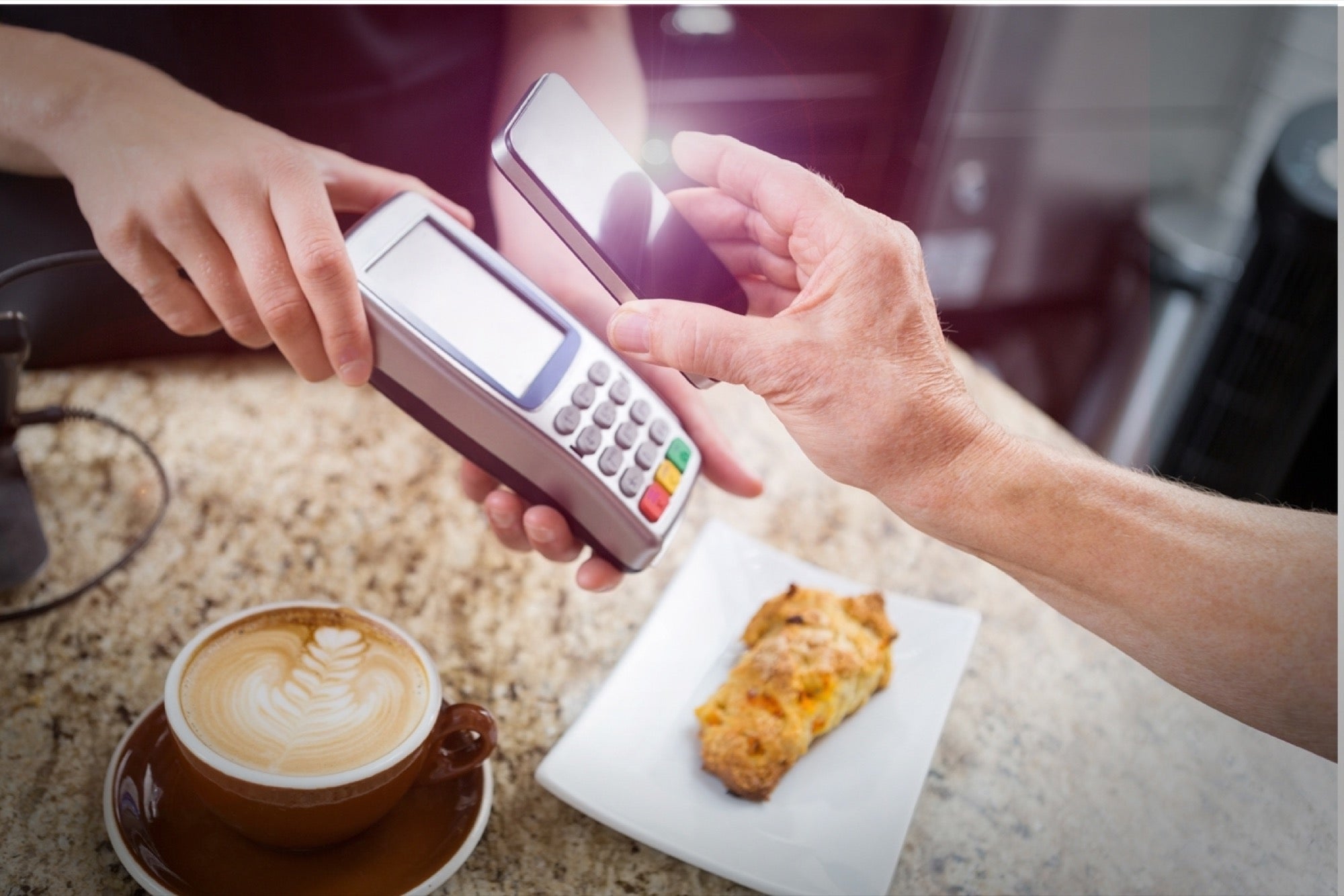Why Mobile Payments Aren't Gaining Traction With Small Businesses The adoption of mobile payment systems is nearly universal -- except on Main Street.
Opinions expressed by BIZ Experiences contributors are their own.

A year after the launch of Apple Pay and five months into Google's Android Pay service, it seems like mobile payments have finally caught fire with the public. Thousands of banks and retail giants have jumped onboard, yet small businesses—which account for more than 90 percent of businesses in the country, according to the U.S. Census Bureau—are so far responding with a collective meh.
"I would say it's been a fairly negligible adoption rate so far," says Jordan McKee, senior analyst covering mobile payments at 451 Research in Boston. "There hasn't been a tremendous amount of interest given the cost of upgrading terminals to accept NFC payments."
Near field communication is the technology behind the new contactless payment systems. Long a feature of Android handsets, the chip lets consumers put a smartphone inches away from a payment terminal to make a transaction. Apple Pay joined the party in 2014 with the iPhone 6; the tech is also a key feature of the new Europay, MasterCard and Visa (EMV) credit card standard.
This year's Oct. 1 deadline for the transition to EMV credit cards is what's driving the widespread availability of mobile payments. That's because on that date, every merchant in the country is required to upgrade the old magnetic-card-swipe terminals to new ones compatible with EMV cards (also called chip-and-PIN cards). If they refuse, they will be held liable for fraudulent purchases made in their establishments.
Still, that threat alone hasn't been enough to force small businesses to transition to EMV card readers, let alone to mobile payments. McKee believes that may happen once the post-deadline horror stories start to pop up. "I think word will spread pretty quickly throughout the small-business space that card networks are holding merchants responsible for fraudulent transactions," he says.
Beyond the new EMV standard, mobile promises to make payments even more secure. "Apple Pay is by far the most secure way to make a payment in general today," McKee says, noting that it uses biometrics and tokenization (in which the credit card number is replaced with a unique code recognized by the bank). In short: Offering the system builds trust with customers. But for small businesses to accept it, they'll need an NFC-compatible (and Apple-approved) reader.
The industry's hope is that once businesses upgrade from their old magnetic point-of-sale terminals to smart, EMV-compatible ones, the ability for merchants to easily add a pay-by-phone option will turn mobile payments into the new normal.












